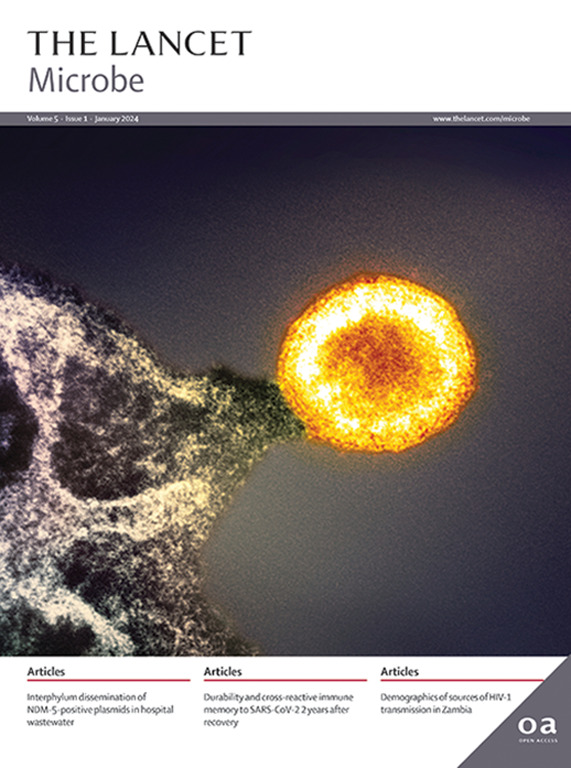Pathways to an Intergovernmental Panel on Pandemics: lessons from the IPCC and IPBES
IF 20.4
1区 生物学
Q1 INFECTIOUS DISEASES
引用次数: 0
Abstract
Pandemics pose a global threat to human wellbeing, justice, economies, and ecosystems and are comparable with other planetary crises such as climate change and biodiversity loss in terms of urgency and impact. The global community would benefit from a dedicated scientific synthesis body to assess pandemic risks and solutions. In this Personal View, we explore proposals for an Intergovernmental Panel on Pandemics and assess potential pathways to its creation. Learning lessons from the Intergovernmental Panel on Climate Change (IPCC) and the Intergovernmental Science-Policy Platform on Biodiversity and Ecosystem Services (IPBES) might help national governments and international organisations to chart a course through important decisions about format, governance, operations, scientific scope and process, and ability to recommend policies that make the world safer.
通往政府间大流行病专门委员会的道路:IPCC和IPBES的经验教训。
大流行病对人类福祉、正义、经济和生态系统构成全球性威胁,在紧迫性和影响方面可与气候变化和生物多样性丧失等其他全球性危机相媲美。国际社会将受益于一个专门的科学综合机构,以评估大流行病的风险和解决办法。在本《个人观点》中,我们探讨了设立政府间流行病问题小组的建议,并评估了设立该小组的可能途径。从政府间气候变化专门委员会(IPCC)和政府间生物多样性和生态系统服务科学政策平台(IPBES)中吸取经验教训,可能有助于各国政府和国际组织制定有关形式、治理、操作、科学范围和过程以及建议使世界更安全的政策的能力的重要决策。
本文章由计算机程序翻译,如有差异,请以英文原文为准。
求助全文
约1分钟内获得全文
求助全文
来源期刊

Lancet Microbe
Multiple-
CiteScore
27.20
自引率
0.80%
发文量
278
审稿时长
6 weeks
期刊介绍:
The Lancet Microbe is a gold open access journal committed to publishing content relevant to clinical microbiologists worldwide, with a focus on studies that advance clinical understanding, challenge the status quo, and advocate change in health policy.
 求助内容:
求助内容: 应助结果提醒方式:
应助结果提醒方式:


